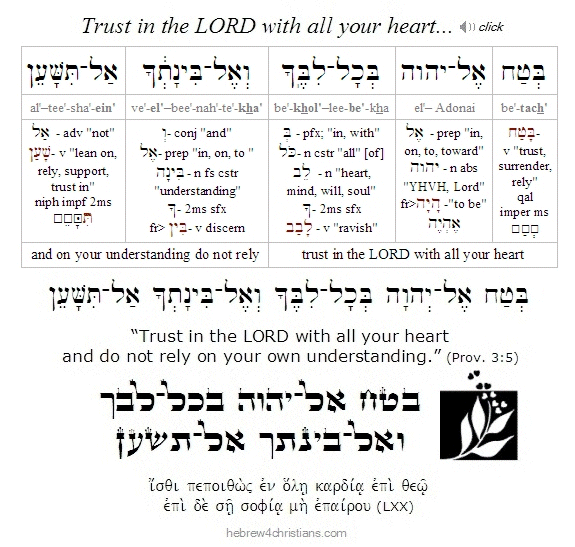|
It is remarkable that the commandment of "shemittah" (שמיטה) – that is, the responsibility to let the land lie fallow for an entire year every seven years – was introduced with the statement that God gave this law "behar Sinai" (בּהר סיני) – on the mountain of Sinai (see Lev. 25:1-7). This is remarkable for a variety of reasons, first because the people had no idea of the farming conditions of the promised land as they wandered in the desert, but also because the commandment to leave the land fallow every seventh year was given with the stern warning that the failure to do so would result in judgment and exile from the land (Lev. 26:24-35; Jer. 29:10; 2 Chron. 36:21). In this connection the sages taught that the Torah could only have been given to the generation that partook of the manna – only to those who understood that their survival depended entirely on God's gracious provision (Deut. 8:3). Likewise, every seven years the shemittah would reinforce the lesson of the manna, namely, that man's efforts do not give sustenance, but God alone gives and sustains life. As Yeshua attested: "Man does not live by bread alone, but by every word that comes from the mouth of God" (Matt. 4:4).
The shemittah teaches us to let go of our devices, to forsake our "need" to control, and to therefore to completely trust in God's care for our lives... That is its personal application. Indeed the word "shemittah" (שמיטה) means "release" (i.e., שָׁמַט, to "let drop") which suggests letting go of the past, forgiving, restoring, and allowing ourselves to be carried, sustained, and brought forward by faith. The LORD promises us an "extra portion" of manna to sustain us when we honor his request that we get out of the way, when we let go of our devices and let things be, trusting our heavenly Father to take care of things...
Hebrew Lesson
Proverbs 3:5 reading (click for audio):
 |
|



